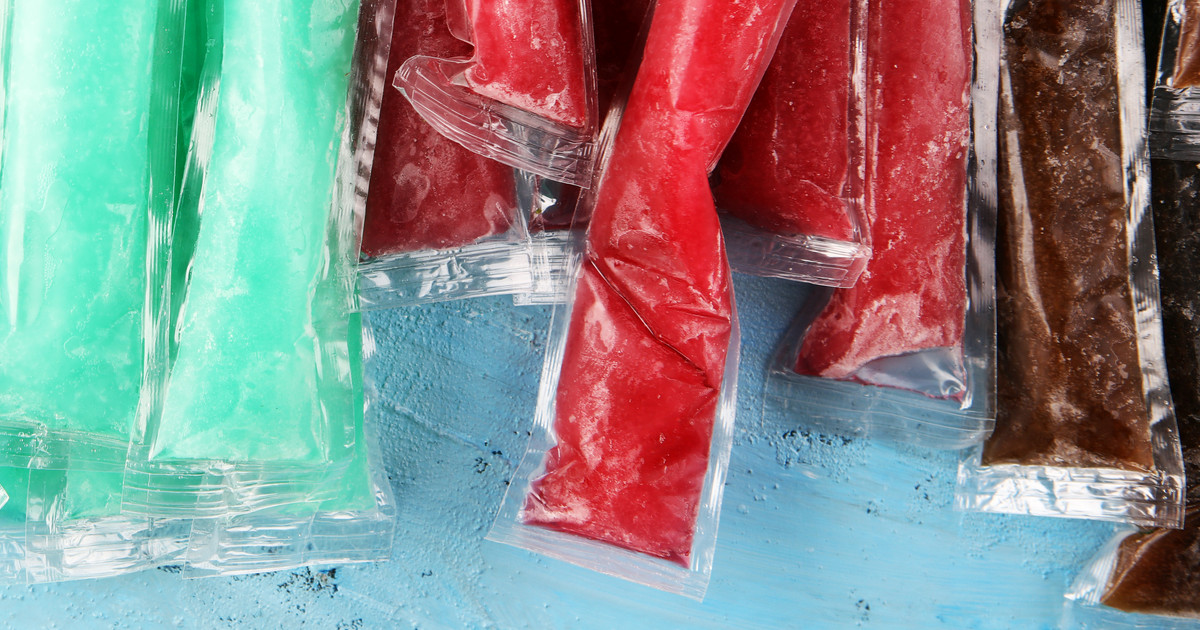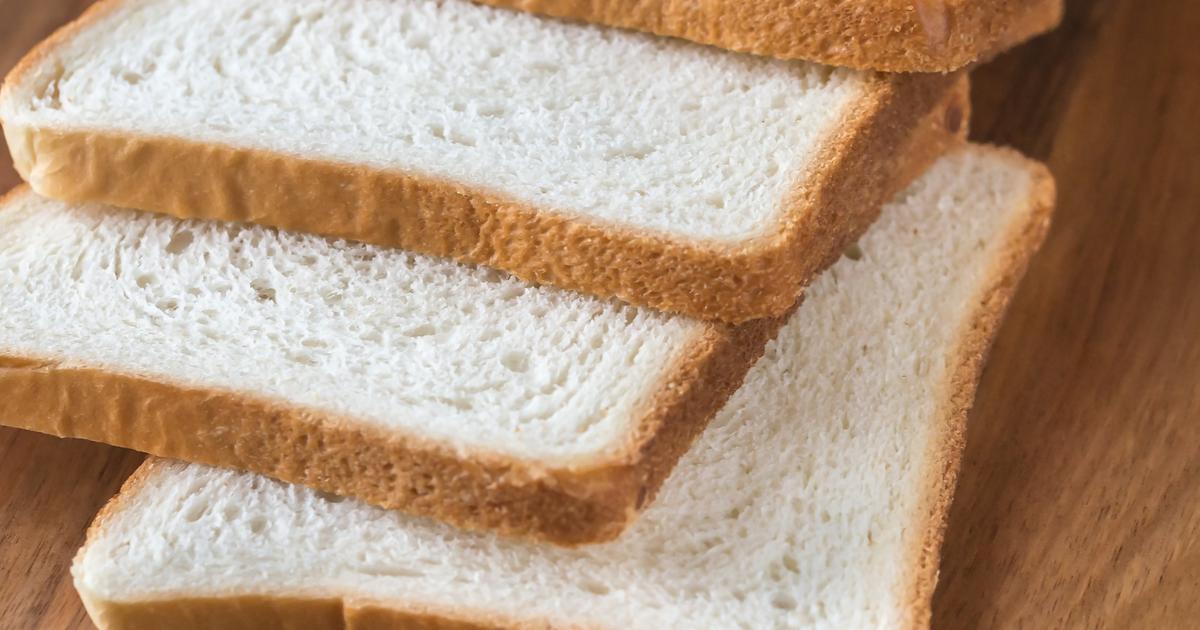Foods to Steer Clear of If You Have Diabetes
Managing diabetes isn’t just a numbers game—it’s a daily act of defense. Behind every meal lies a choice: one that can support stable blood sugar or quietly sabotage it. And while most people know to skip sugary treats, the real danger often hides in foods disguised as healthy. From whole-grain imposters to “low-fat” snacks loaded with hidden carbs, the modern pantry is full of traps. That’s why we’ve expanded our list to 27 foods you should steer clear of if you have diabetes—a practical, eye-opening guide to what really belongs on your plate (and what doesn’t). Whether you're newly diagnosed or just tired of second-guessing every bite, this list helps you sidestep the worst offenders and protect your long-term health. Because diabetes management isn’t about restriction—it’s about recognition. And once you know the culprits, you can start eating smarter, not smaller. Let’s take the guesswork off your plate.
1. Fruit Products

Some whole fruits have more sugar than others. Individuals with diabetes do not have to avoid all whole fruits because it is the total number of carbohydrates consumed that matters. For this reason, fruit containing fewer carbohydrates can be consumed in larger portions whereas fruit containing more carbohydrates should be consumed in smaller portions. In general, whole fruits contain nutrition and fiber, which make them a desirable food choice for diabetes patients. However, in fruit products, much of the nutrition and fiber is processed out, and the remaining product usually contains concentrated fructose, which makes blood sugar spike. Thus, although diabetes patients can eat natural fruits in moderation, it is best for them to avoid processed fruit and fruit products.
2. Products Made With White Flour

White flour is flour that has been refined and stripped of its bran and germ. White flour offers a light and soft texture, so it is popular in many baked goods, including bread, crackers, cereal, cookies, and cakes, and is often used in sauces and gravies. White flour makes blood sugar spike in the same way processed sugary treats do. This is because much of the fiber and nutrients in flour that would help slow digestion are removed during processing. In addition to spiking blood sugar levels, foods with white flour are usually easy to overeat because the lack of fiber prevents individuals from feeling full and makes them feel hungry again sooner. Diabetes patients who still want flour should look for whole wheat flour, almond flour, and coconut flour instead.
